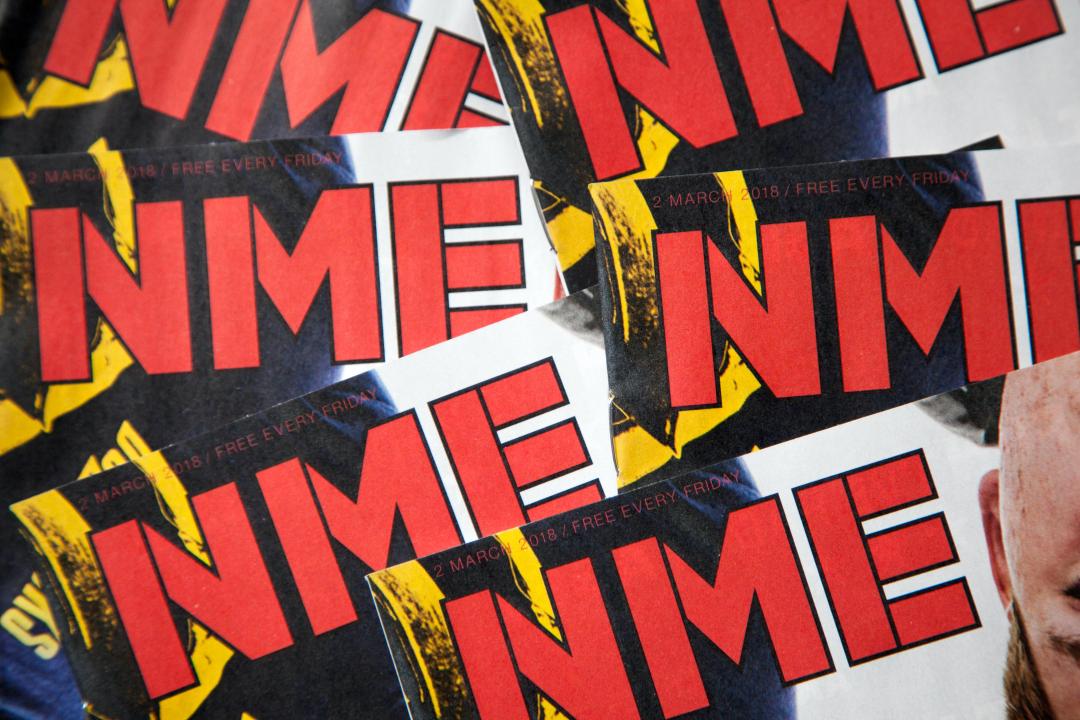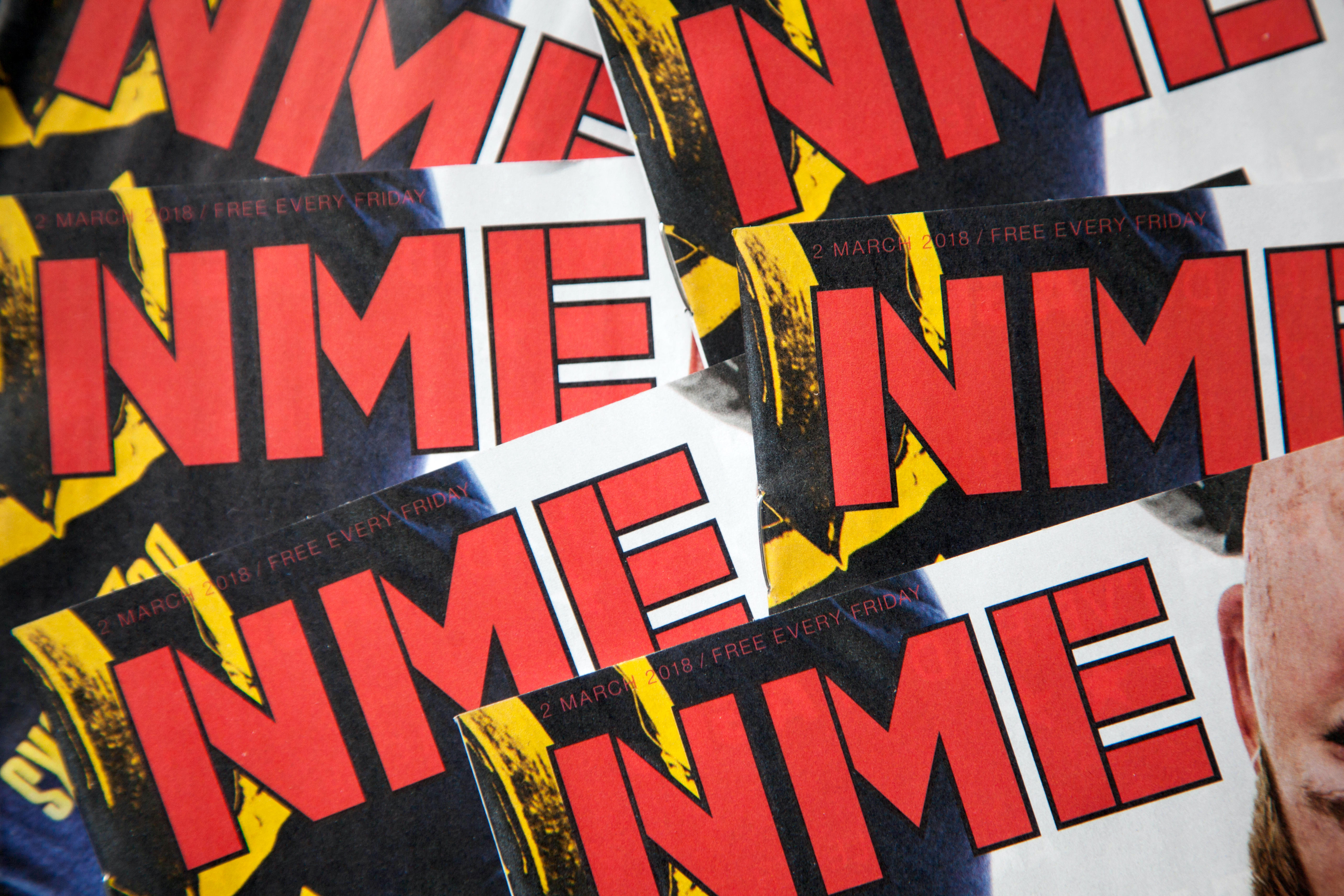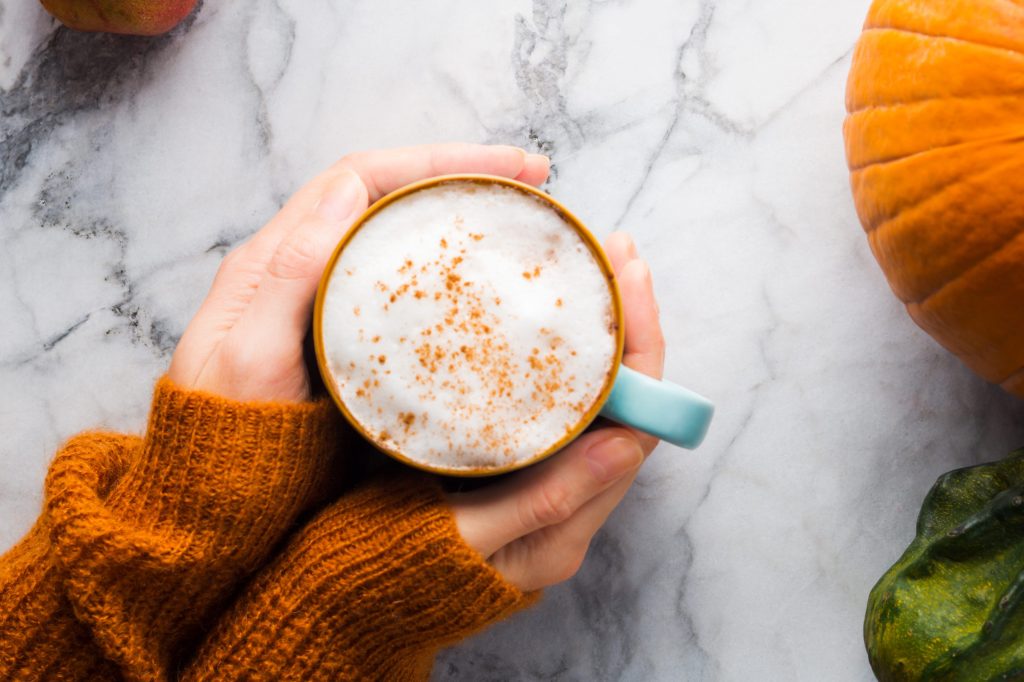Before I went to medical school I had a hip alternative life. In the 1980s, as a 17 year-old schoolgirl, I wrote for the New Musical Express. My friends assume I had a great time with sex, drugs and rock ‘n’ roll, but the truth is I was such a cautious Carla that I didn’t touch the former two at all, and I scurried off home to be in bed immediately after each gig I reviewed.
Each time they gave me a rolled up bank note and left me to snort in private, I blew
Part of the reason was because I had strict parents. My dad was a benevolent patriarch who was older than many dads and had spent his youth as a cultured Persian immigrant in London, going to classical concerts and philosophy lectures. He looked on first bewilderment and then with fury as my older sister, then me, then my younger brother, trooped off to new wave gigs and played The Clash loudly in our bedrooms. I remember him gazing mournfully at a poster of The Stranglers on my brother’s bedroom wall and saying balefully ‘so now you like to strangle people.’
My mother was more broadminded about pop music but unfortunately she had never taken to me. It was an open secret that she hated me and various family members remarked on it in a matter of fact way. My maternal grandfather, visiting from Iran, once took me aside and told me, apropos of nothing, that when my mother was pregnant with me, she had wanted a boy and was very disappointed when she had a second daughter. And my brother once wrote to me from a holiday he was on with our father revealing that our dad had told him ‘your mother hates Leyla’. It wasn’t a drama for me as a kid, it was just a fact of life, but it did mean I kept everything a secret from her. I was afraid and obedient in front of her, acceding to her demands and cowering when she threw household objects at me. As a small kid I remember clutching my dad’s knees as my mother battered his head with a pan. But dysfunctional families make writers.
School was a release but I was a mischievous bunny when young, sellotaping notes to teachers’ backs and suggesting my classmates all hum the same note during a boring history lesson. I was a silent wraith at home, escaping to my bedroom where I could read. And although being naughty and talkative at school was fun, I was terrified of big girls’ games. No sex for me until I was 21, when I felt I had to lose the darned V and did so with a besotted music journalist (you were sweet, Mark). But during the era of going to gigs, reviewing records, and interviewing pop stars as a 17-to-19 year-old, I was as chaste as a nun. A couple of blokes from the NME pursued me sexually, but despite having a huge crush on the first (hi, Paul) and snogging the second in his grubby council flat (cheers, Ian), I was terrified of the idea of sex.
Ditto drugs. When I was sent to Glastonbury with two fellow NME journalists and a photographer, they were generous enough to offer me goes at the speed that kept them awake for 48 hours on the trot. Studying for chemistry A level together with other sciences and maths, I was much too aware of potential deleterious effects, so each time they gave me a rolled up bank note and left me to snort in private, I blew. What a waste. Partly I was put off because my sister had avidly consumed everything from dope through acid and heroin, and was living in a squat on her own by the time she was 20. My parents paid for her to live in a decent flat but it didn’t stop her frying her brain and ultimately jumping in front of a tube train aged 22. I still can’t use Hampstead tube station.
But this was later. During the time I was writing for NME, my sister was still at home. We shared our music taste, and after blowing all her money on drugs, she would take my records and I would later find the cat curled asleep on the vinyl, the sleeves long discarded, with fag ash in the middle.
I was so shy that I couldn’t even have a conversation. When the first NME journalist to pursue me took me on a date, I was so afraid of my mother’s vase-throwing wrath that when he asked me if I wanted to go for a drink after Superman 2, I told him I had to go home. I should have taken the opportunity to have my first snog. Later, when Pursuer 2 invited me to see Grace Jones play in Camden (what an amazing show), and, weeks later, meet him in his Camberwell pit, I was incredulous at how good it felt to be touched, even though I restricted it to upper body. I could sense his frustration bulging through his trousers.
I was so shy that I was a crap interviewer. My first interview was with Aztec Camera, but I couldn’t understand their Scottish accents, and ended up smiling weakly and saying ‘yeah’ to everything they said. The interview was never published. Days later, I bumped into one of them on the tube – I think it was Malcolm Ross, who also played with Joseph K. I vaguely recognised him as someone from the music world, and decided in my haste that he must be a fellow NME hack. He smiled and said hello, asking me how I was. I still couldn’t understand what he was saying, and grinned inanely and said yes, I was going to the office too. At the next station, I realised I was going in the wrong direction, and said ‘whoops’, and leapt off in a fluster. Very cool, Leyla.
I was probably the most square music journalist there has ever been. Funnily enough, decades later, I have gained the confidence and bravado to talk and listen to anyone. I would be a great interviewer now. But music journalism is for the young. I loved my taste of it.








Comments